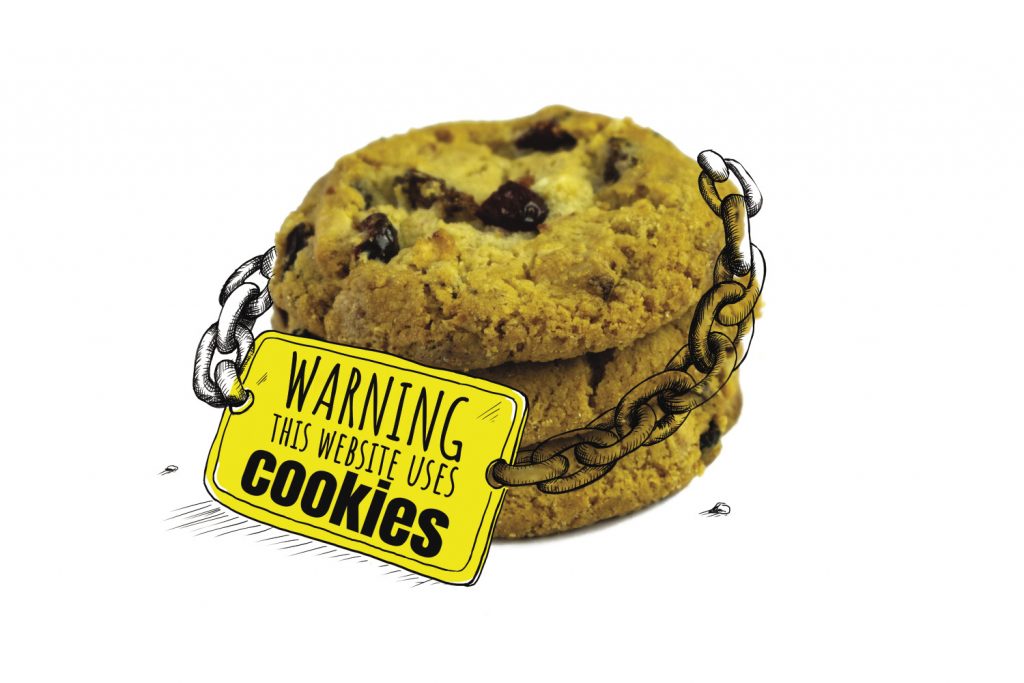advertisement
An Uncertain Fate Of Website Cookies?
Text files with small pieces of data used to improve individual browsers experience could soon be a thing of the…

Text files with small pieces of data used to improve individual browsers experience could soon be a thing of the past.
Known as website cookies, these text files have recently been blocked by Zoho that terms them the third-party sites on its website. Zoho explains that the move is to stop adjunct surveillance.
“We have noticed a trend today, where companies don’t think much before embedding services that are essentially trojan horses masquerading as free services that spy on users. We refer to this as adjunct surveillance,” said Raju Vegesna, the Chief Evangelist at Zoho. Adding, ” We strongly condemn this practice and take a stance to entirely block third-party companies across all our properties.”
advertisement
Zoho that developed its own tools in some cases, believes that the cost of doing that was worth it. They blocked the text files removing options for sharing data on social media sites or analysing website visitor data using third-party services.
Surveillance companies, which rely heavily on showing ads to survive, collect user information even from adjunct properties without user consent. B2B companies use products and services from surveillance companies in exchange for their users’ data. Earlier this year, Zoho had decided not to follow this industry practice and started eliminating third-party trackers and cookies.
Raju further notes that although this may not be a financially sound decision, it is morally right.
advertisement
“Financial profitability doesn’t mean anything if we are morally bankrupt,” he adds. “We hope other vendors follow us on this path.”
The pendulum of surveillance has swung too far and it is only important that it is swung in the other direction to protect user privacy.
Zoho becomes one of the very first organisations to prioritise user privacy over revenue generated by ads.
advertisement